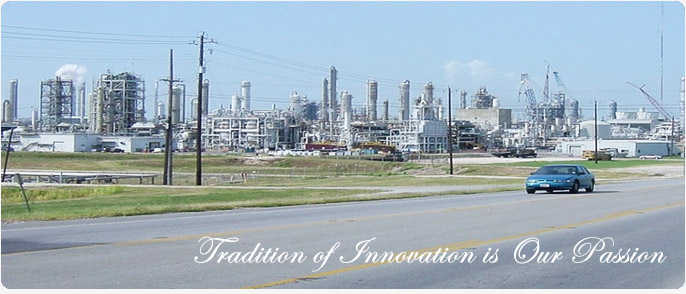
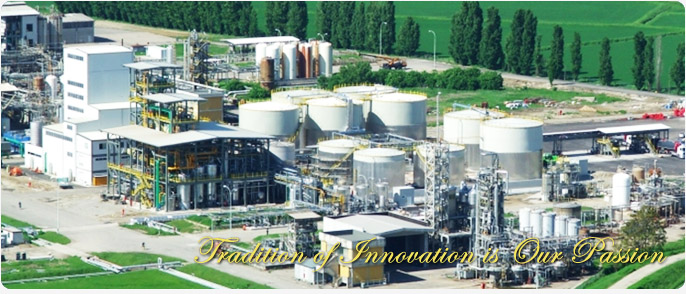
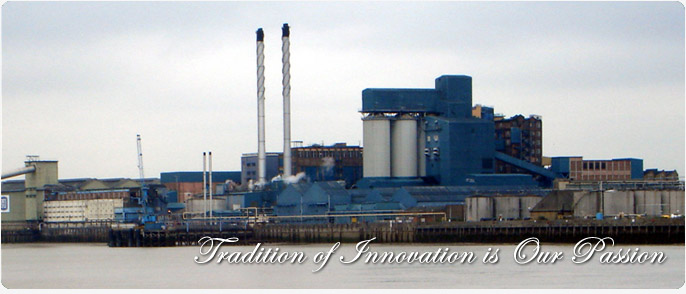
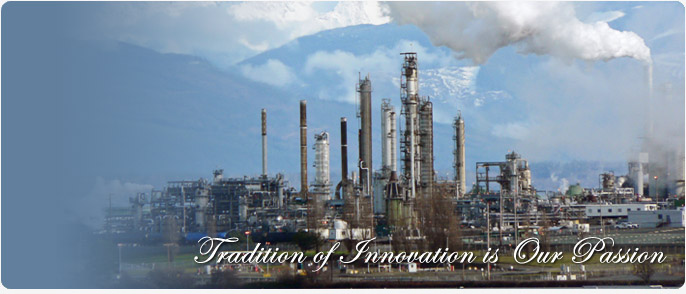



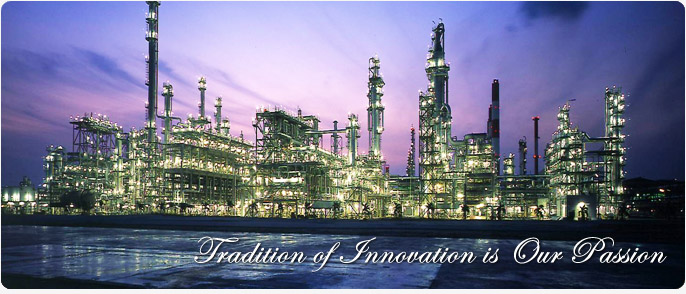

Mahasiswa
Mahasiswa S3, Prodi Teknik Kimia, UGM
- Ratna Dewi Kusumaningtyas (lulus)
- Zahrul Mufrodi (lulus)
- Arif Hidayat
- Heny Dewajani
- Diana
- Daniyanto
- Doni Rahmat Wicakso
- Sunarno
Mahasiswa S2, Prodi Teknik Kimia UGM
- Tya Indah Arifta (lulus Juli 2011)
- Yuli Ristianingsih (lulus Oktober 2011)
- Daniyanto (lulus)
- Dyah Retno Sawitri (lulus)
- Putri Restu Dewati (lulus)
- Ade Kurniawan (lulus)
- Masduki (lulus)
- Yano Surya Pradana (lulus)
- Sulthoni Mukhlis Kurniawan (lulus)
- Retno Renggani (lulus)
- Mitha Puspita (lulus)
Mahasiswa S2, Prodi Biomedis, Fakultas Kedokteran UGM
- Puguh Indrasetiawan
- Rasuane Noor
Mahasiswa S2, Prodi Ilmu Komputer, UGM
- Ardhi Wicaksono
Mahasiswa S2, Prodi Magister Teknik Sistem UGM
- Wanodya Asri Kawentar (lulus)
- Prima Asmara Sejati (lulus)
Mahasiswa S1, Prodi Teknik Kimia UGM
- Gilang Aswardian – Ayu Apriyanti (lulus November 2011)
- Alita Lelyana (lulus November 2011)
- Daniar Rianawati (lulus November 2011)
- Wahyu Widiantara – Widayati Purwaningsih (lulus Pebruari 2011)
- Alvin Gita Raharja-Putranda Yeremia Tumewu (lulus Agustus 2011)
- Priasto S Prasojo (lulus)
- Nur Widiarto Setiaji (lulus)
- Galuh Pinayungan (lulus)
- Nuri Narulita - Zayda Faizah Zahra (lulus)
- Septian Arief Nur Rahman (lulus)
- Nur Rochim – Hafid Sahli Mukaffa (lulus)
- Galuh Pinayungan – Yano Pradana (lulus)
Disamping mahasiswa, PSE research group, mempunyai supporting staff yaitu:
- Sutaryo
Ratna Dewi Kusumaningtyas
27 Desember 2011 - 07:53
 Program S3, Jurusan Teknik Kimia, UGM
Program S3, Jurusan Teknik Kimia, UGM
Judul disertasi:
Produksi Biodiesel secara Kontinyu dengan Reactive Distillation dan Analisis Ekserginya
Ringkasan:
Sejak awal abad ke-20 hingga saat ini, sumber energi utama bagi kebutuhan manusia berasal dari minyak bumi. Akan tetapi, minyak bumi merupakan sumber daya alam yang tidak terbarukan sehingga dengan banyaknya eksploitasi yang dilakukan, maka cadangan minyak bumi di dunia semakin menipis dan harganya meningkat tajam. Oleh karena itu, perlu dilakukan berbagai upaya untuk mencari bahan bakar alternatif. Bahan bakar alternatif yang layak dikembangkan adalah bahan bakar yang bersifat renewable atau terbarukan. Salah satu jenis bahan bakar pengganti yang sangat potensial untuk dikembangkan adalah fatty acid methyl ester (FAME) atau dikenal dengan nama biodiesel.
Zahrul Mufrodi
27 Desember 2011 - 08:13
Program Studi S3, Teknik Kimia, FT UGM 
Judul Penelitian
Pembuatan Triacetin Sebagai Bioaditif pada Bahan Bakar Minyak dengan Memanfaatkan Produk Samping Gliserol
Outline:
Sekarang ini kebutuhan dan harga minyak diseluruh dunia semakin kenaikan yang cukup signifikan namun persediaannya cenderung semakin menipis. Perlu ada tindakan antisipasi dengan menggunakan energi terbaharukan seperti biodisel. Biodisel diproduksi dari minyak nabati dan menghasilkan produk samping gliserol sekitar 10% dari berat total produk biodisel.
Arif Hidayat
27 Desember 2011 - 18:43
Program S3, Jurusan Teknik Kimia, FT UGM 
Arif Hidayat saat ini sedang menempuh pendidikan Program S3 di Jurusan Teknik Kimia Universitas Gadjah Mada. Topik disertasi yang dikerjakan adalah Pengembangan Katalis Padat dari Limbah Biomassa untuk Produksi Biodiesel dengan Metode Reaktif Distilasi. Penelitian yang dilakukan bertujuan untuk mendapatkan jenis katalis baru berbasiskan limbah biomassa untuk reaksi pembentukan biodiesel dengan metode reaktifDistilasi. Katalis heterogen memiliki keunggulan dalam hal proses permisahan setelah reaksi lebih mudah, keaktifan dan selektivitas yang tinggi, dapat dipakai berulang kali (reusable) dan usia pakai (lifetime)
Heny Dewajani
27 Desember 2011 - 18:50
Program S3, Jurusan Teknik Kimia UGM
Judul penelitian :

Proses Perengkahan Katalitik Minyak Nabati Menjadi Green-gasoline Dengan Hidrogenasi
Outline penelitian :
Bahan bakar nabati (bio fuel) merupakan salah satu bentuk energi terbarukan yang sekarang dikembangkan dalam Program Energi Hijau. Salah satu bahan baku yang dapat digunakan untuk menghasilkan bahan bakar nabati adalah minyak nabati. Minyak nabati seperti minyak sawit, minyak kelapa,minyak jarak dan minyak nyamplung tersusun dari trigliserida yang merupakan ester dari gliserol dan berbagai asam lemak dengan jumlah atom C antara 12-18. Hidrokarbon rantai panjang inilah yang memungkinkan untuk dapat dimanfaatkan sebagai bahan bakar nabati (bio fuel) dengan proses perengkahan seperti yang terja di pada pengolahan minyak mentah. Proses perengkahan berkatalis (catalytic cracking) merupakan proses pemecahan rantai molekul hidrokarbon menjadi molekul yang lebih kecil dengan bantuan katalis.





